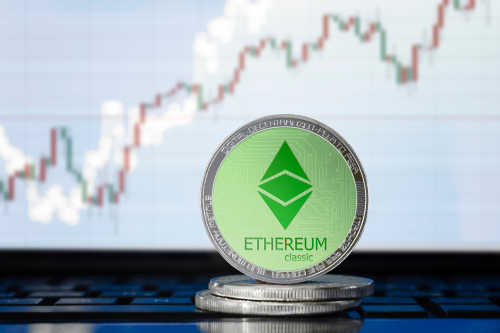
Ethereum and Ethereum Classic are two similar blockchains, yet they carry a stark contrast. Ethereum is ranked the second largest cryptocurrency, with a market cap of $185.4 billion. Ethereum Classic is ranked at position 22 with a market cap of $3.4 billion. So what distinguishes them?
Ethereum Classic is a hard fork of Ethereum
Ethereum classic was founded in 2016 as a hard fork of the Ethereum blockchain. That was after a major hacking incident on Ethereum. Ethereum Classic relies on ETC, its native cryptocurrency, to run transactions. Both Ethereum and Ethereum Classic carry smart contract functionalities. They are decentralized, and privacy protection comes on top for both blockchains.
Nonetheless, as with most hard forks, the forked blockchains carry some unique attributes. Ethereum Classic is a Proof-of-Work blockchain. Miners have to crack mathematical problems to validate transactions. They subsequently get rewarded with ETC tokens. While Ethereum runs on the PoW consensus mechanism, it is transitioning to Proof-of-Stake. Users will need to stake ETH to become validators, a less energy-intensive process. The shift to PoS or merge is expected from September.
Another major difference is that there is no capped supply for Ethereum. Nonetheless, developers have set a base 4.5% increase every year. A burning mechanism helps to keep the supply in check. Contrary, Ethereum Classic has a fixed supply. The maximum supply in the market is 230 million, and tokens cannot exceed the limit.
Which should you invest in?
Ethereum ranks ahead of its hard fork with its market valuation. It is already dominant in the NFT and DeFi sectors. For PoS lovers, Ethereum comes top due to the upcoming merge. However, Ethereum Classic comes on top when considering a cheaper ETH alternative. We find both tokens have similar price trends. Investing in either token depends on the interests of the investor.

